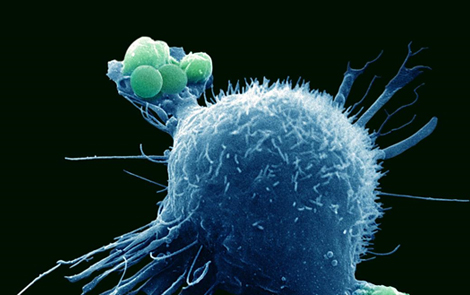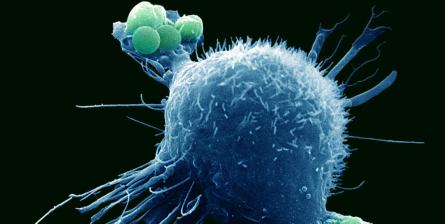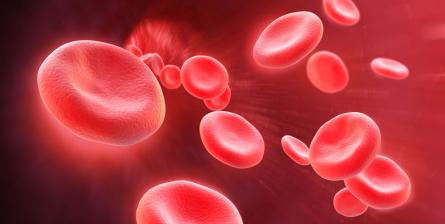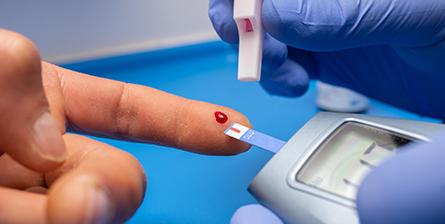Immunology is the branch of biology that deals with the study of the immune system. The immune system evolved early in evolution history to distinguish non-self from self.
The body's defense reactions are against pathogenic organisms :
- Viruses.
- Bacteria.
- Fungi or protozoa.

This science has 2 aspects :
- The medical aspect (Autoimmune diseases, allergies and transplant rejection).
- The fundamental and mechanistic aspect (The mechanisms of synthesis and maturation of antibodies, activation of the complement system, mobilization and coordination of defense cells).
The set of organs of the immune system is called the lymphoid system :
- 1- Primary or central lymphoid organs (bone marrow, thymus).
- 2- Secondary or peripheral lymphoid organs (Lymph nodes, Secondary appendages, Spleen).
- 3- Tertiary lymphoid organs associated with mucous membranes (skin, respiratory system, digestive tract, genital tract...)
The different types of immune reactions are :
- 1- Humoral immunity (antibodies).
- 2- Cellular immunity (NK lymphocytes, granulocytes, macrophages, dendritic cells, TCD8+ lymphocytes, TCD4+ lymphocytes).






